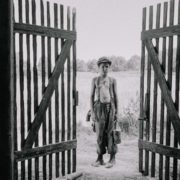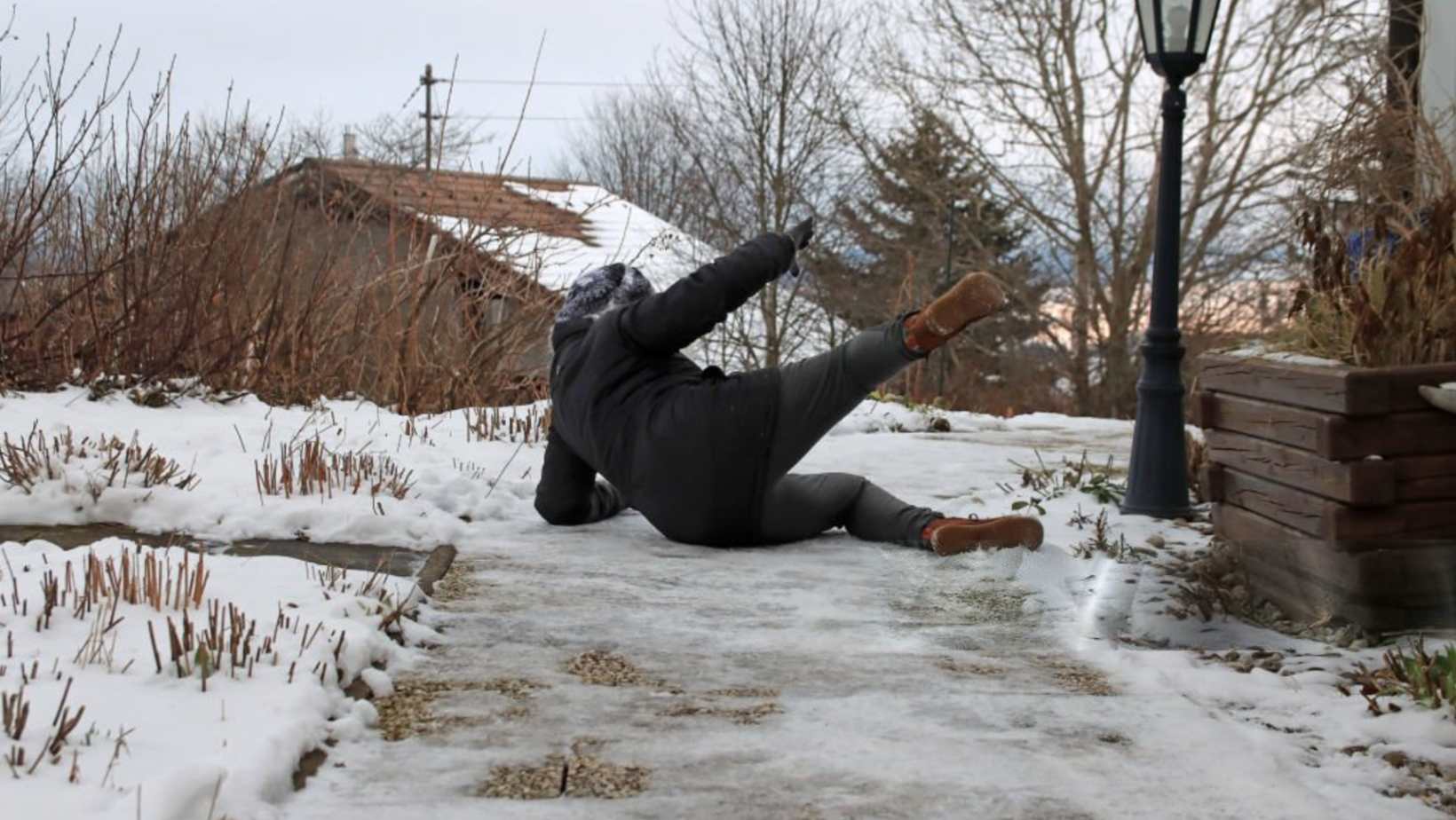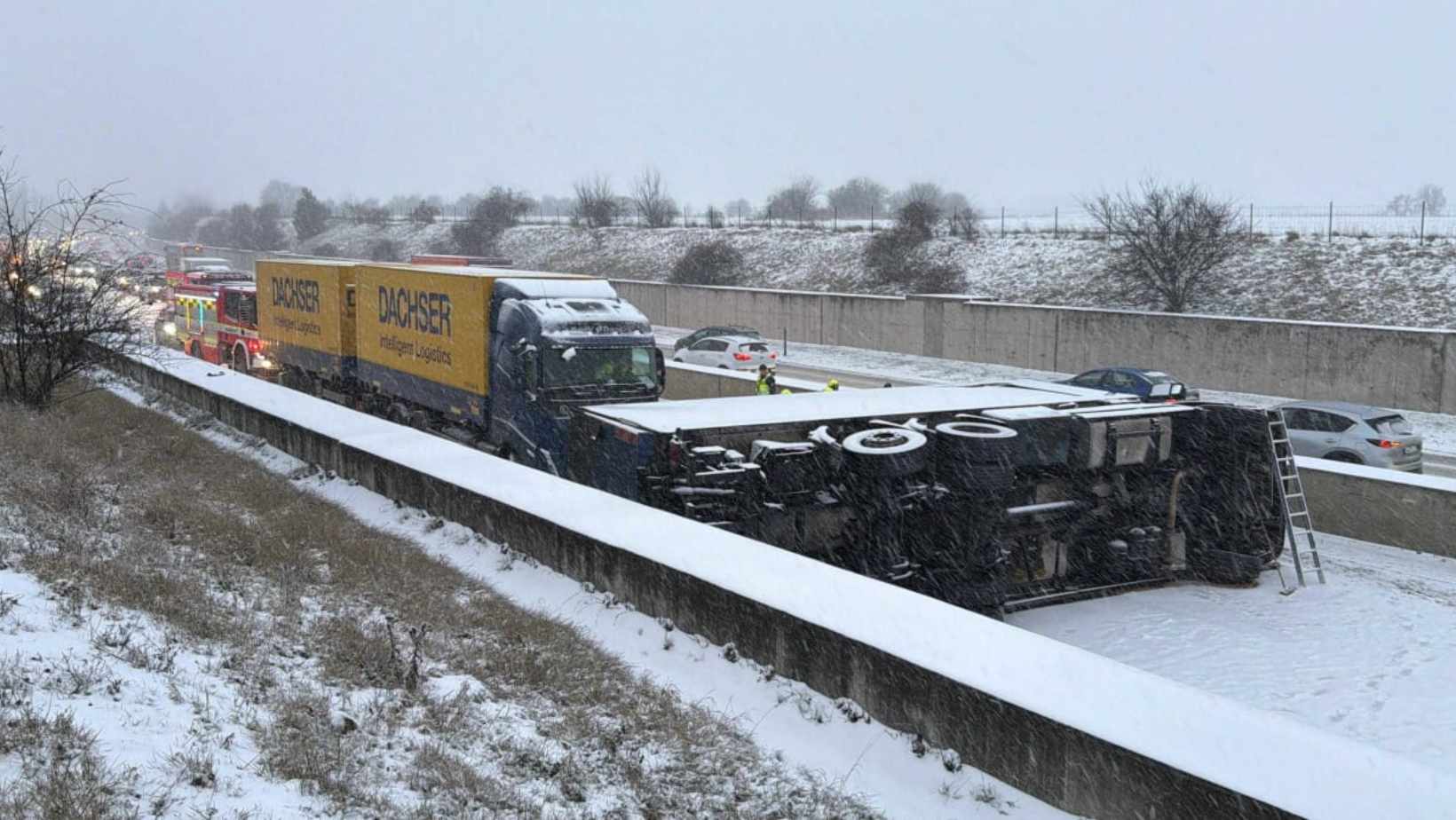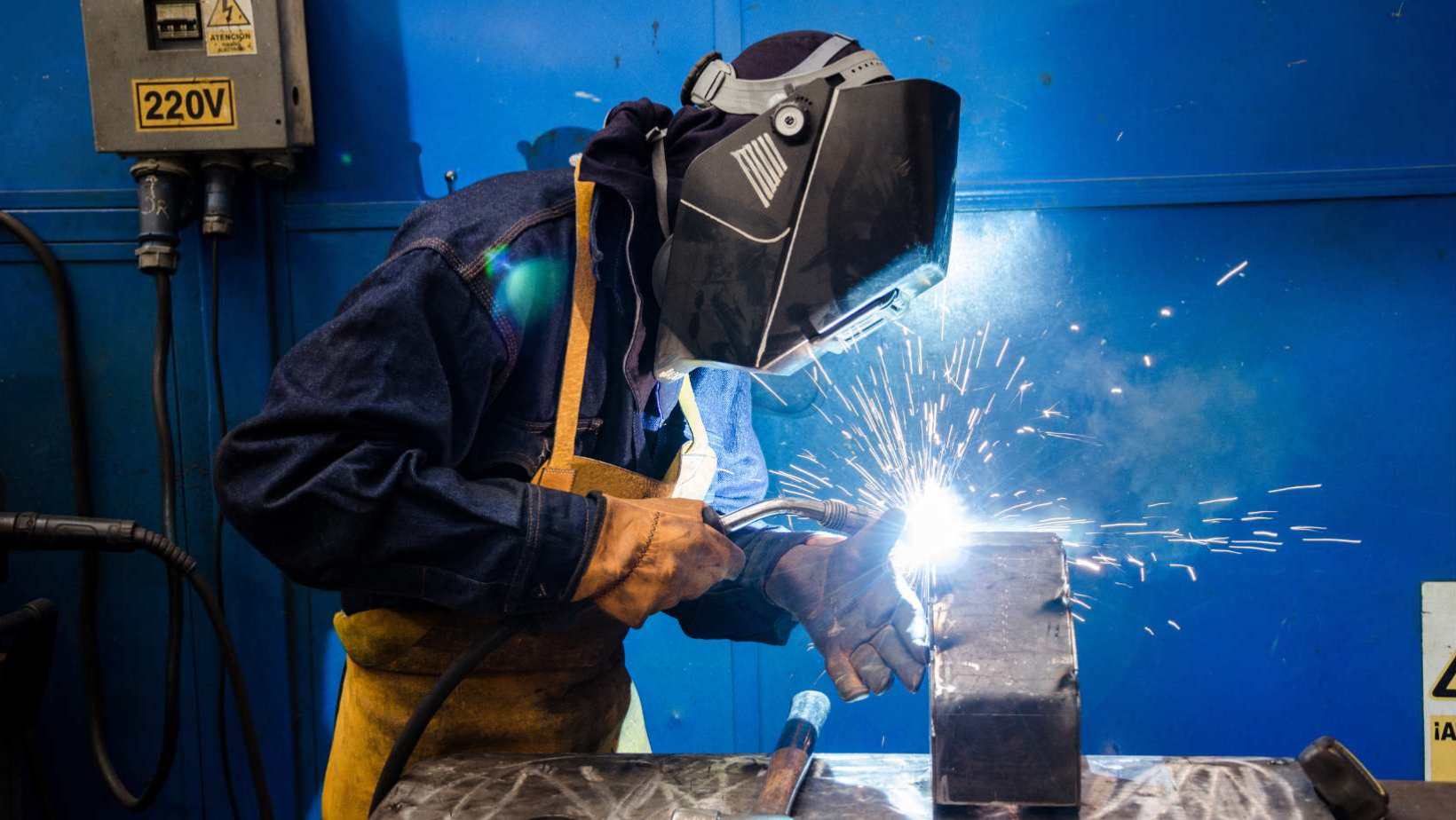Set somewhere in rural eastern Europe towards the end of World War Two, the black and white film is a sombre tale of a young boy trying to survive a harsh wilderness and the cruelty of strangers.
The Czech-Ukrainian Second World War drama, shot in black-and-white and nearly three hours long, had its world premiere at the Venice Film Festival.
“The Painted Bird,” is the first-ever movie in Slavic Esperanto. Director Vaclav Marhoul said: “I didn’t want the villagers (speaking) Ukrainian or Polish or Russian or something like that because those people (the villagers in the film) are really bad people,” he said.
“I didn’t want that some nation is going to be associated with that, so I opened the big brother – Google, big brother, and typed ‘Slavic Esperanto’, my God it does exist, it does exist, Slavic Esperanto.” The invented language combines Czech, Russian and German.
According to critics, it appears to have had a rather negative effect on members of the public who came to watch it. But with a series of plot points that sound more like endurance tests, who can blame them?
Based on a 1965 novel, The Painted Bird tells the story of a nameless boy as he’s carted around mainland Europe just as WWII is coming to an end, witnessing all of the grotesque goings-on. The audience, it seems, reacted accordingly.
In Xan Brooks five-star review of the film for the Guardian (he called it a “savage, searing three-hour tour of hell”), he took note of all of the crowd’s reactions as well as what was going on screen. There was, apparently, a man who stumbled down a whole set of steps trying to escape, a “well-dressed woman” who ended up hitting her movie theatre neighbour so she could get out faster, and the incredible mental image of 12 attendees piling up at the exit, crying to be let out of a door that refused to open. It sounds horrendous… I must see it.
Václav Marhoul said the award was fantastic news because it showed that young people had understood his film and its message.“Some critics wrote that the movie is all about brutality and violence, but the young audience saw exactly what I intended them to see: hope, light, and humanity, so they actually counterbalanced some people’s opinions.”
-
NEWSLETTER
Subscribe for our daily news










